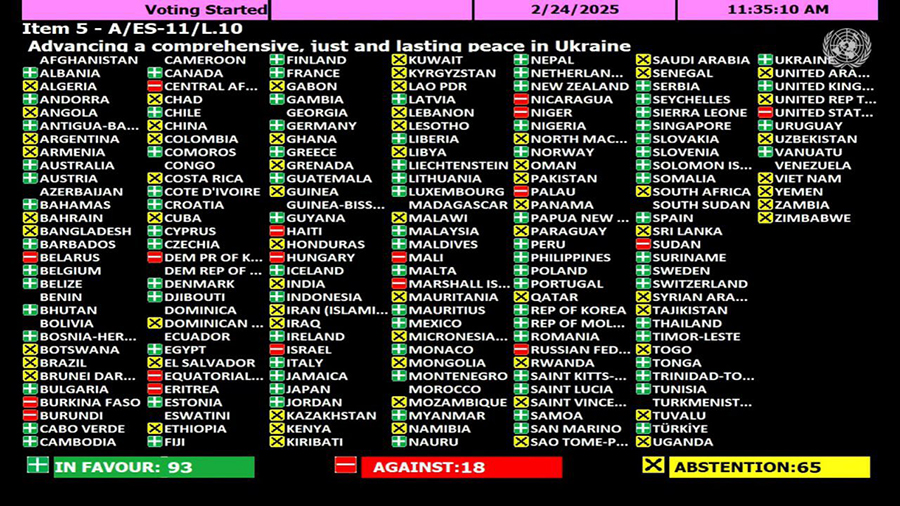
To retain Nepali consumers Nepali industrialists are selling goods at low prices. However, the industries are paying a heavy price when the government too is not supportive of them. The controversy over power cuts in industrial areas is something we all have heard. So how has the government made the country’s economy worse?
In the current context, all industries in Nepal are facing economic crises. In such a situation, when the government should be supporting industries, it has declared a load-shedding without any reason.
Such actions by the government discourage entrepreneurs. More importantly, electricity is even more necessary for industries, as power cuts affect not only industries but also the country’s economy significantly.
However, the government has declared load shedding in industries without any reason, without any research and without any prior notice.
Who is to blame?
The blame for the decline in Nepal’s economy lies with the government. They have made it mandatory for industries to use generators powered by diesel, leading to an increase in production costs.
This has given a boost to the recession. Production has been completely halted in some industries. Some industries have been fully shut down. When there is no production, there is no sale, but the burden of fixed costs such as bank interest and employee salaries and wages increases along with.
In a stable economy, the country’s industries employ more people, import goods, process them, and sell them in the market, earning profits from the same process. People find employment, work day and night for salaries and that money circulates in consumption. The economy runs smoothly. This is the process of a stable economy that rotates in a circular shape.
But what happens when production is halted? Industries do not run, industries cannot produce, employees lose their jobs when employees lose their jobs, and they cannot support their livelihoods. This increases poverty, crime, theft, and unemployment. This also results in a shortage of manpower in the country. Due to the shortage of manpower, the cost of production and labour increases, leading to inflation. All these factors increase the risk of economic instability.
Who is responsible for all these factors?

The simple answer to this in one word is government. One such example is the condition of Triveni Group right now which owns more than 50 companies all over Nepal.
The Director of Triveni Group Saket Sanghai, handles five companies under Triveni Group – Amrit Bhog Rice, Nitya Rice, Amrit Oil, Amrit Daal and Royal Enfield( production side).
According to the company, it employs more than 10,000 employees altogether. It is one of the largest oil producers in the country. Nepal is fully dependent on the import of raw agricultural crude oil products and paddy. Recently, it has launched a rice mill, introducing brands like Amrit Bhog Jeera Masino, Nitya Jira Masino, Amrit Sona Masuli, and Nitya Sona Masuli.
Despite its capacity to produce eight metric tons per hour and its commitment to delivering quality rice products to the customers, its operation has been unexpectedly halted due to a government-imposed industrial electricity power cut-off.
This interruption comes at a critical moment for the company, just months into its production journey. As a new entrant in the industry, it is facing numerous financial obligations, including loan repayments, employee salaries, procurement of paddy, and various miscellaneous and operating expenses.
However, without a reliable power supply, sustaining these commitments becomes immensely challenging.
The company urges the government to consider the significant impact such electricity disruptions have on burgeoning industries like it. Without consistent access to electricity, it is unable to fully realise its potential and contribute effectively to the economy.
Policymakers need to recognise the delicate balance between regulatory measures and supporting the growth of nascent industries, ensuring a conducive environment for sustainable development and economic prosperity.
Where is the government?
The government has been neglectful in dealing with this crisis in the long term. When industries do not run, people will be unemployed; money will not circulate in the market, causing currency inflation.
Many industries have already been facing the brunt of the economic crisis. These companies are completely dependent on the import of raw agricultural products, and in the current context there is a huge rise in the price of raw materials and they have been facing a large trade deficit currently.
This unplanned and unresearched industrial power cut-off is very bad for the industrialists to survive in an already bruised economy. The prevailing load shedding in the industry can experience various consequences like there will be production disruption.
When electricity supply is disrupted, industries face a multitude of challenges such as the duration and severity of the outage. One significant consequence is the disruption of production processes, as many industries heavily rely on electricity to power their machinery and equipment.
Without electricity, production lines may grind to a halt, leading to delays in manufacturing schedules and potential setbacks.
Consequently, these interruptions can result in substantial financial losses, stemming from missed orders, unfulfilled commitments, and the inability to capitalise on sales opportunities.
Moreover, electricity cut-offs will lead of causing delays and shortages of both raw materials and finished products. Extended periods without electricity can also damage an industry’s reputation, leading to dissatisfaction among customers and stakeholders and eroding brand loyalty and market share over time.
In addition to immediate financial losses from halted production, industries may face additional operational costs associated with repairing damaged equipment, implementing emergency measures, and compensating for lost productivity, further exacerbating the impact of power outages.
One important thing that the Nepal government has ignored is electricity is a basic thing and it should be provided to the industries for its smooth run by the government.
The government should understand the value of producing goods within the country rather than importing goods and should support its industries. So, when will the Nepal government understand this plight?
























